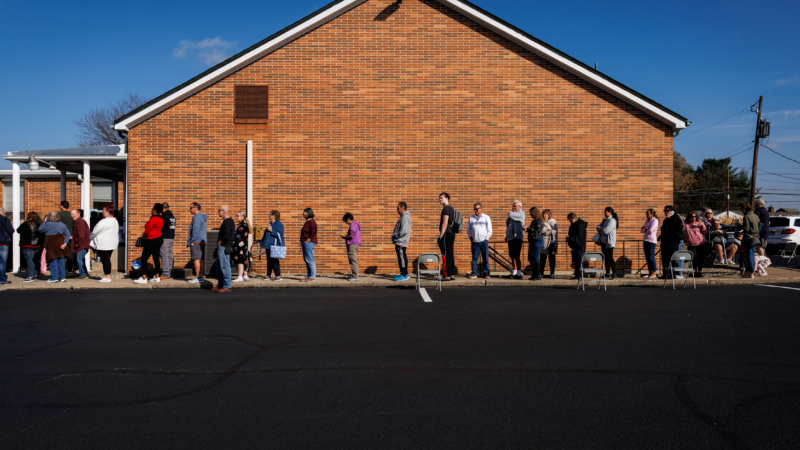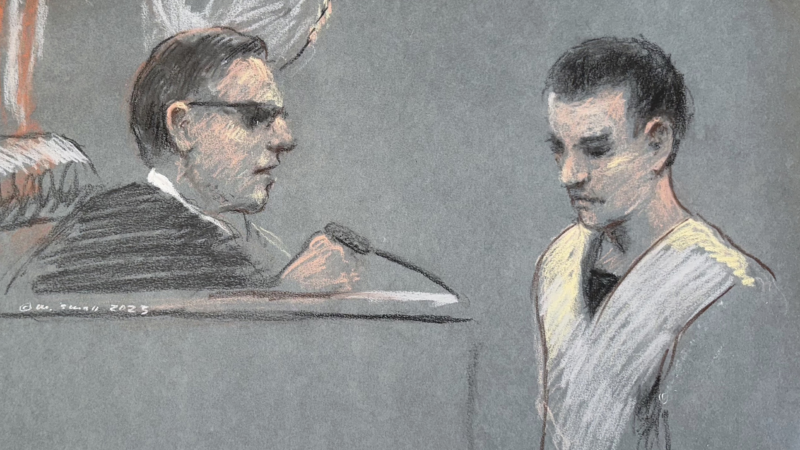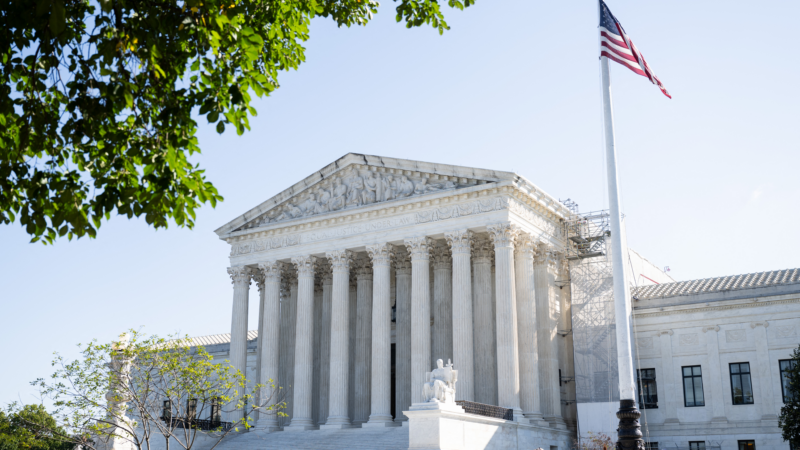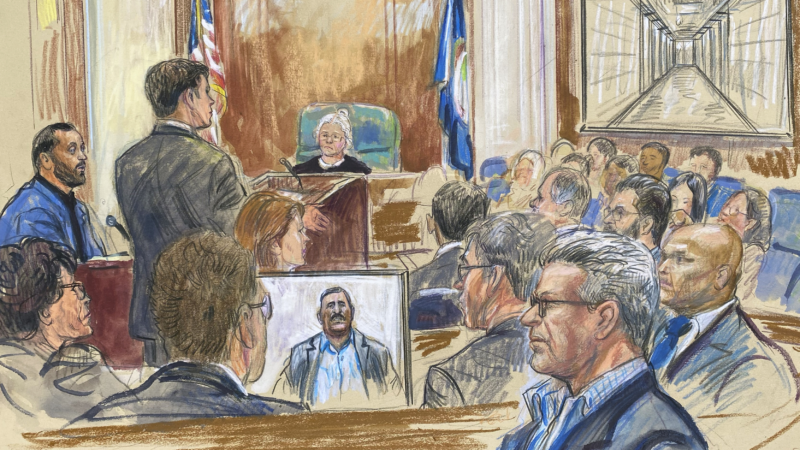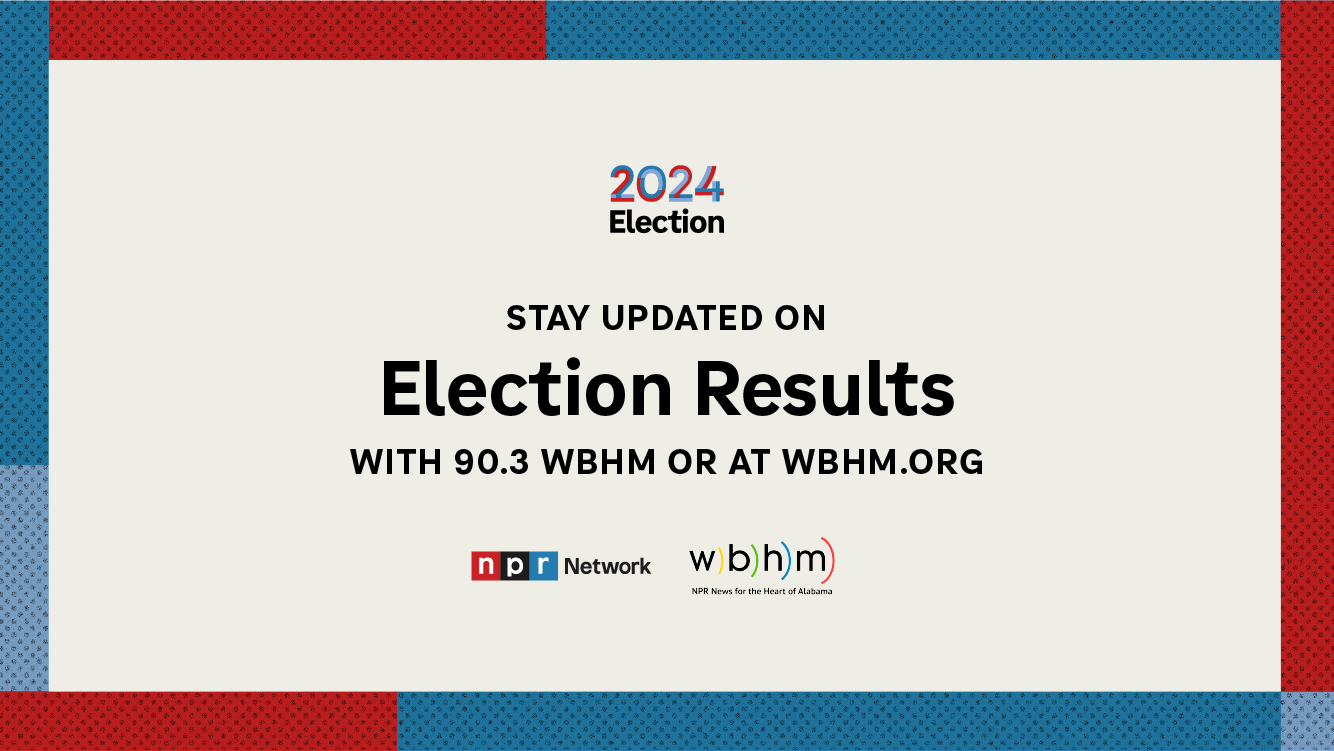Bomb threats disrupted what was otherwise relatively smooth voting on Election Day
Bomb threats that U.S. officials linked to Russian email domains disrupted what was generally a smooth voting experience across America on Election Day.
There have not been the same disruptions at vote-counting facilities as in 2020, when supporters of then-President Donald Trump falsely claimed the election had been stolen.
On Tuesday afternoon, Trump baselessly warned about “cheating” in Philadelphia, but those claims essentially halted when polls closed and results started being reported. Trump won Pennsylvania and the presidency, according to race calls by The Associated Press.
The bomb threats — which were directed at numerous polling places in swing states such as Georgia, Arizona and Pennsylvania — briefly affected voting as sites were evacuated, and some poll hours were extended by courts as a result.
Bomb threats were frequently part of the pre-election practice scenarios that voting officials worked through to prepare for this election, said Cait Conley, who oversees election security efforts within the Department of Homeland Security’s cyber agency.
“We were able to see [voting officials] overcome these disruptions to ensure that voters had access to cast their ballots,” Conley said Tuesday. “And I think that’s a tribute to the preparedness and the professionalism of election officials.”
U.S. intelligence officials said the threats appeared to originate from Russian email domains, though it was not clear whether the threats originated with Russia.
Intelligence officials had previously said they were “observing foreign adversaries, particularly Russia, conducting additional influence operations intended to undermine public confidence in the integrity of U.S. elections and stoke divisions among Americans.”
“Election officials are natural emergency managers,” Chris Krebs, who previously led the DHS cyber agency, told Morning Edition on Wednesday. “They know how to deal with things that pop up and create adversity.”
In general, Krebs said “it was by all accounts a safe and secure election.”
And voters turned out in large numbers. One early estimate by the University of Florida’s Election Lab puts the national turnout rate at 64.5%, which, while lower than in 2020, would be larger than any other U.S. presidential election in a century.
“The culmination of voting yesterday has demonstrated that once again our election professionals have administered a safe and secure election in the face of adversity,” Tammy Patrick, a former Arizona election official, who is now the CEO for programs at the National Association of Election Officials, said by email. “From flooding and hurricanes to foreign disruption campaigns, our election officials did all in their power with the resources on hand to make certain voters had opportunities to vote over the course of the election cycle.”
In North Carolina, election officials said voters in parts of the state devastated by Hurricane Helene outpaced the rest of the state in early voting.
As in every election, there was human error, such as the doors of tabulator machines not being locked in Milwaukee, and technical problems at some polling sites, including ballot scanning problems in parts of New York and Pennsylvania. A state judge in that closely watched swing state extended the poll closing time in Cambria County, Pa., by two hours to give voters more time to cast ballots Tuesday.
Some college and university towns saw long lines outside polling sites.
“That is not, in my experience, an unusual thing to occur in a presidential general election with high turnout and great interest,” Pennsylvania Secretary of the Commonwealth Al Schmidt said Tuesday during a press conference.
Schmidt, who previously administered elections in Philadelphia, explained that college students often ended up having to cast provisional ballots, which can lead to lengthy wait times at the polls because of the time it takes to process those voters.
In a statement Wednesday, the National Association of State Election Directors offered a reminder that much election work remains.
“Over the coming days and weeks, election offices nationwide will count every eligible ballot to get the official total for every contest on the ballot,” the statement said, “from national contests like president down to the smallest local office or issue.”
Pentagon secrets leaker Jack Teixeira is sentenced to 15 years in prison
A federal judge sentenced Jack Teixeira, a Massachusetts Air National Guard member, to prison after he pleaded guilty to leaking highly classified military documents about the war in Ukraine.
Supreme Court refuses legal lifesaver for former Trump chief of staff
The Supreme Court dealt a major legal blow to former White House Chief of Staff Mark Meadows on Tuesday, refusing to move the Georgia election interference charges against him to federal court.
My Little Pony, Transformers, Phase 10 join the National Toy Hall of Fame
The three 1980s staples are new National Toy Hall of Fame inductees. Hess Toy Trucks, the Pokémon Trading Card Game, the trampoline, and balloons were among the finalists.
A U.S. jury awards former Iraqi detainees $42 million for Abu Ghraib prison abuse
The jury also decided to hold a Virginia-based military contractor responsible for contributing to the torture and mistreatment of detainees at the notorious Iraqi prison two decades ago.
Trump to name former Arkansas Gov. Mike Huckabee as ambassador to Israel
In the midst of the Israel-Hamas war, President-elect Donald Trump announced he will nominate Huckabee, a loyalist and former Republican governor, to serve in the key post as ambassador to Israel.
With Trump coming into power, the NIH is in the crosshairs
The National Institutes of Health, the crown jewel of biomedical research in the U.S., could face big changes under the new Trump administration, some fueled by pandemic-era criticisms of the agency.
